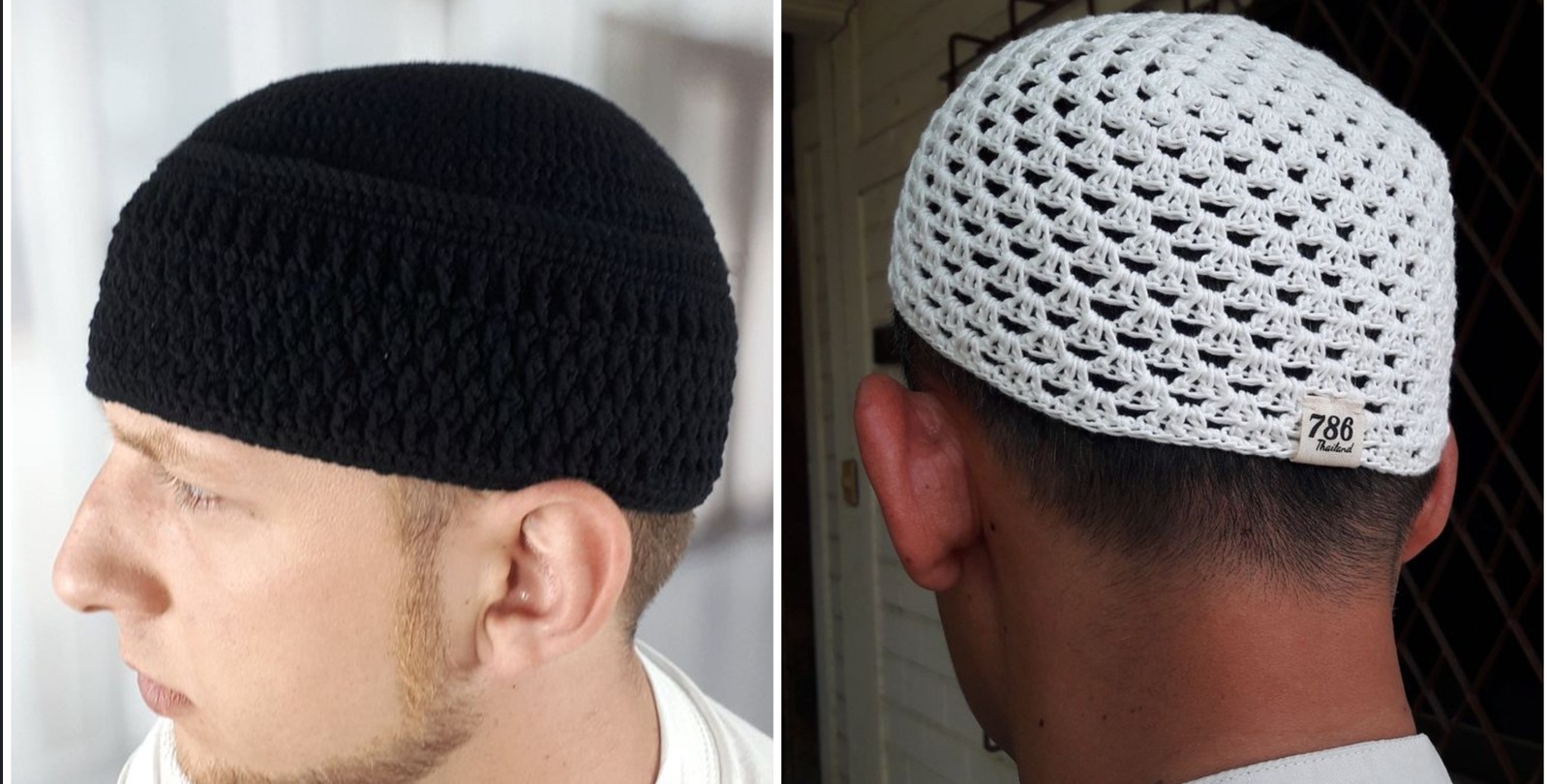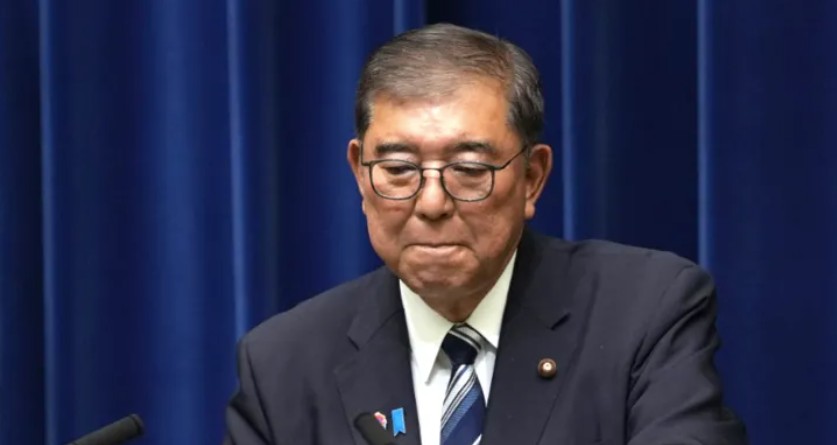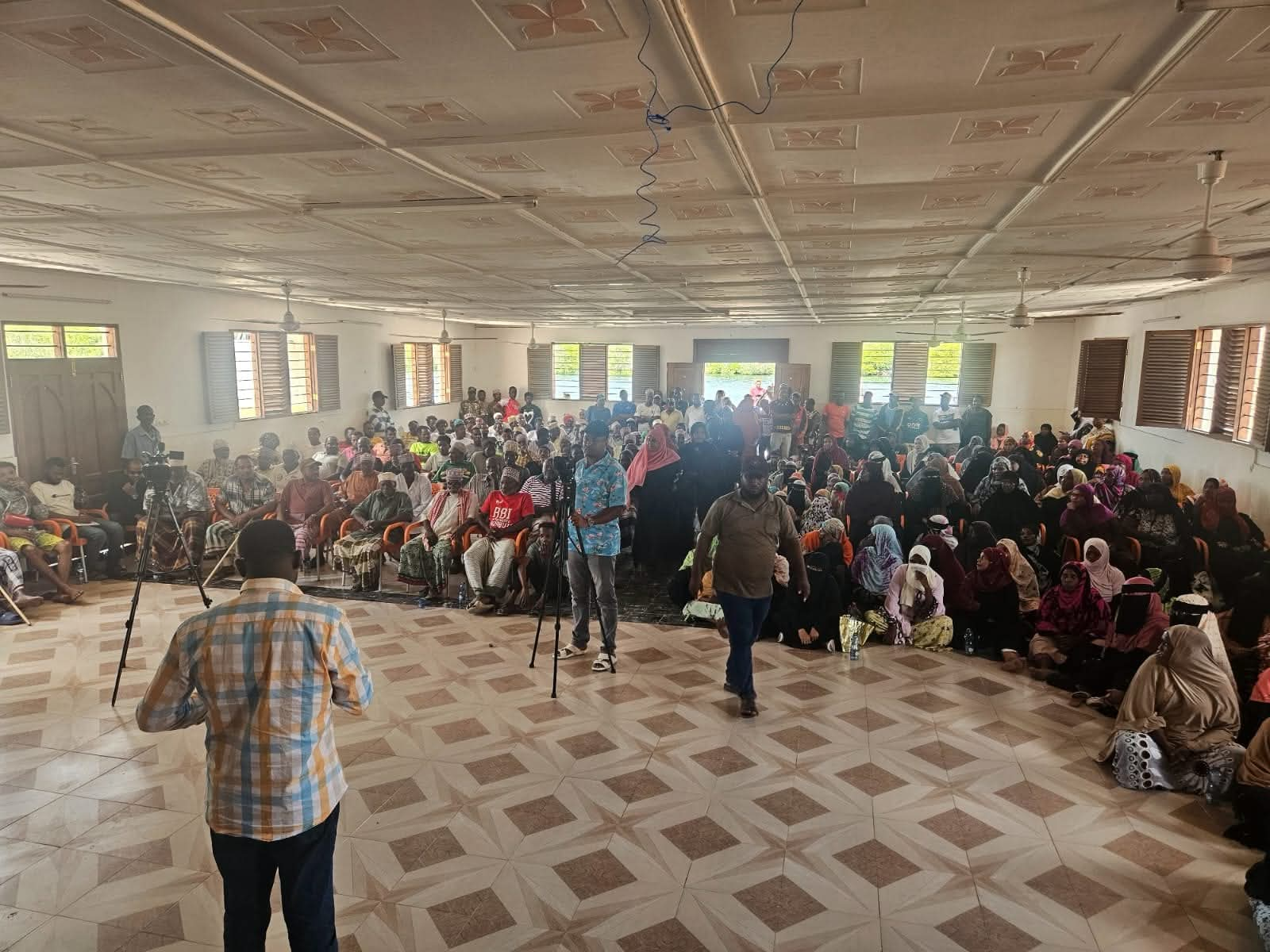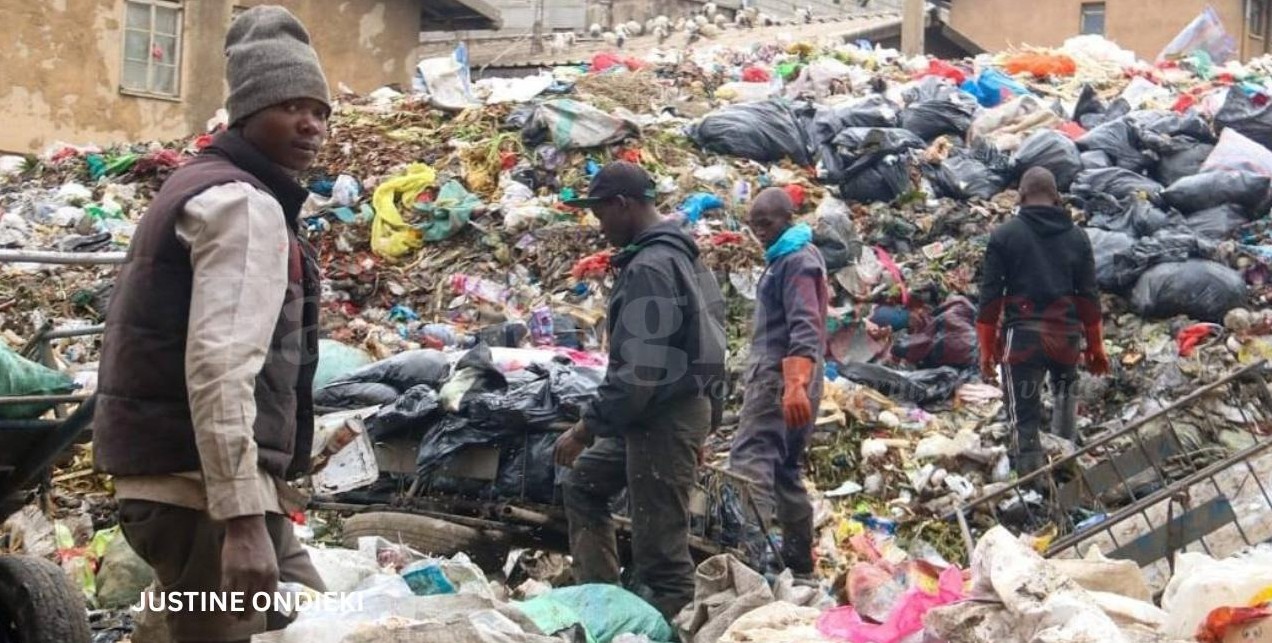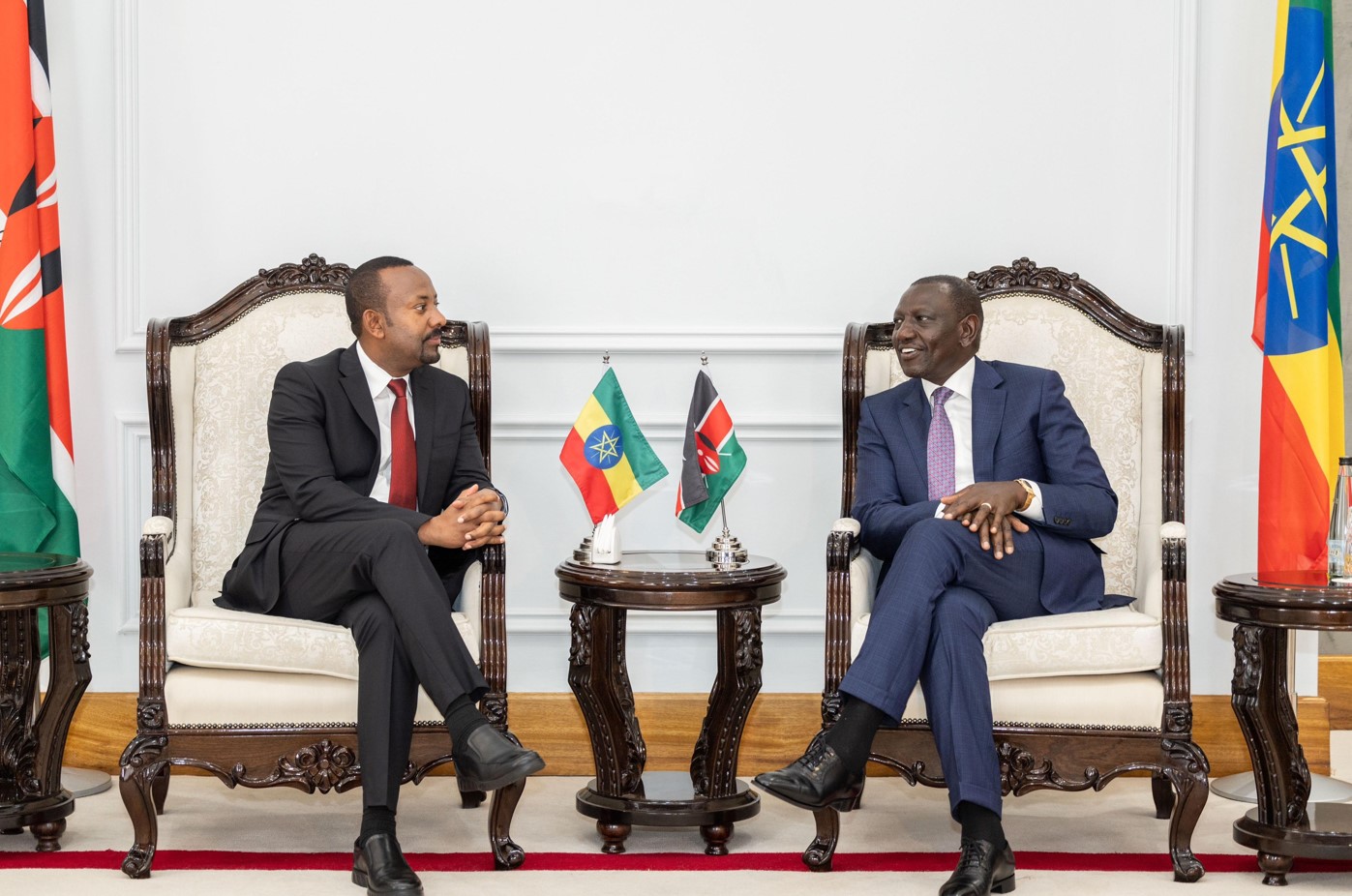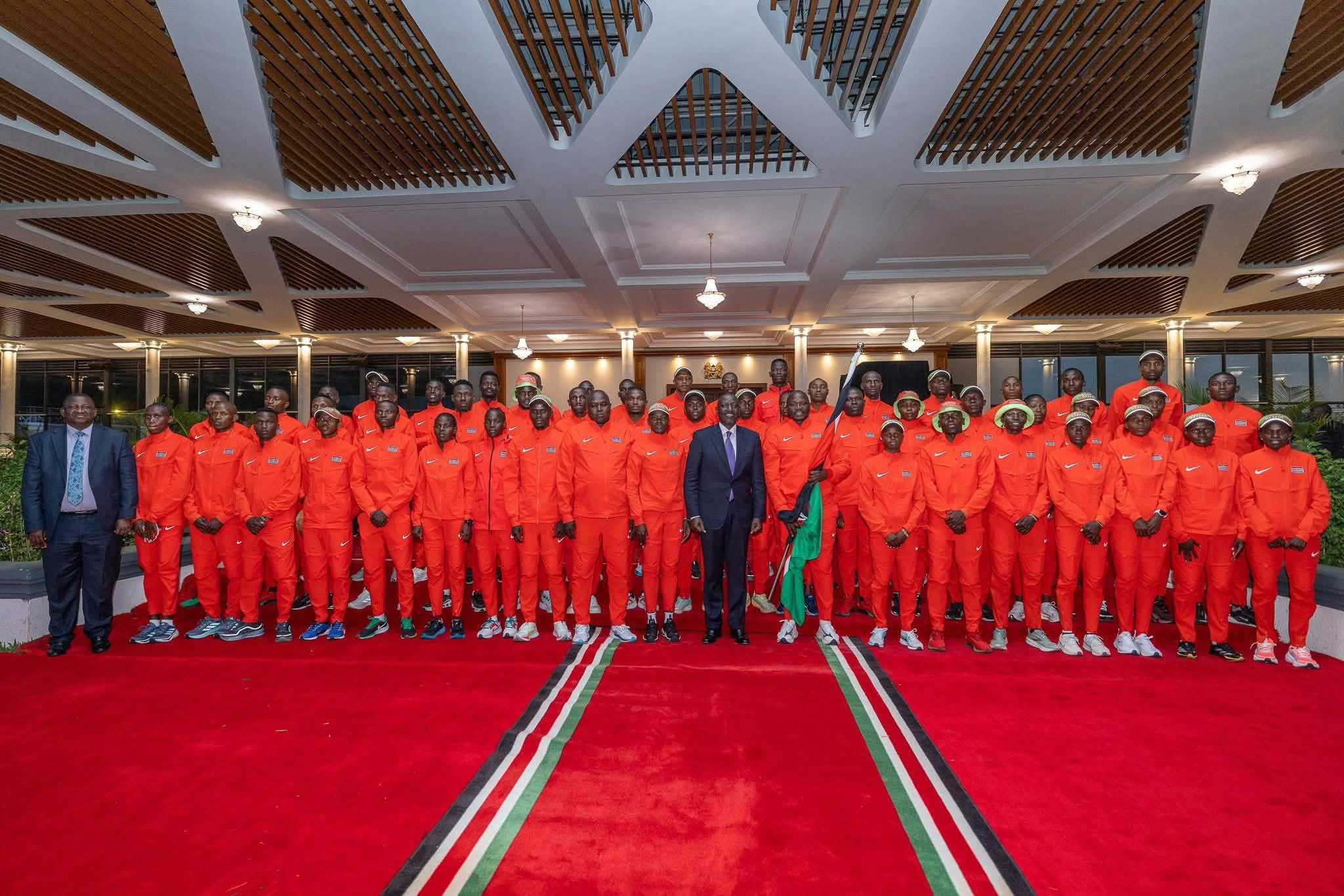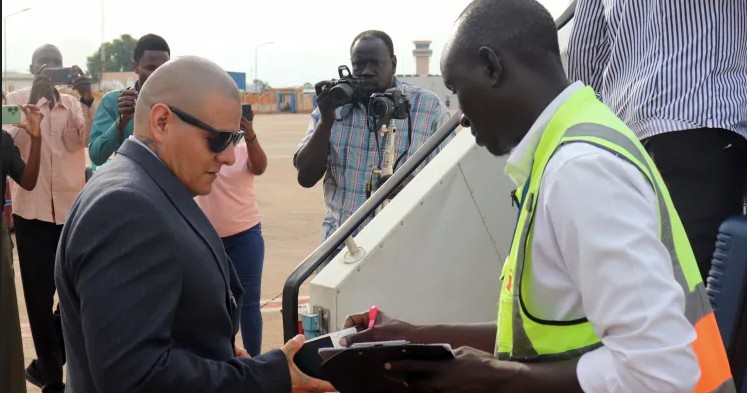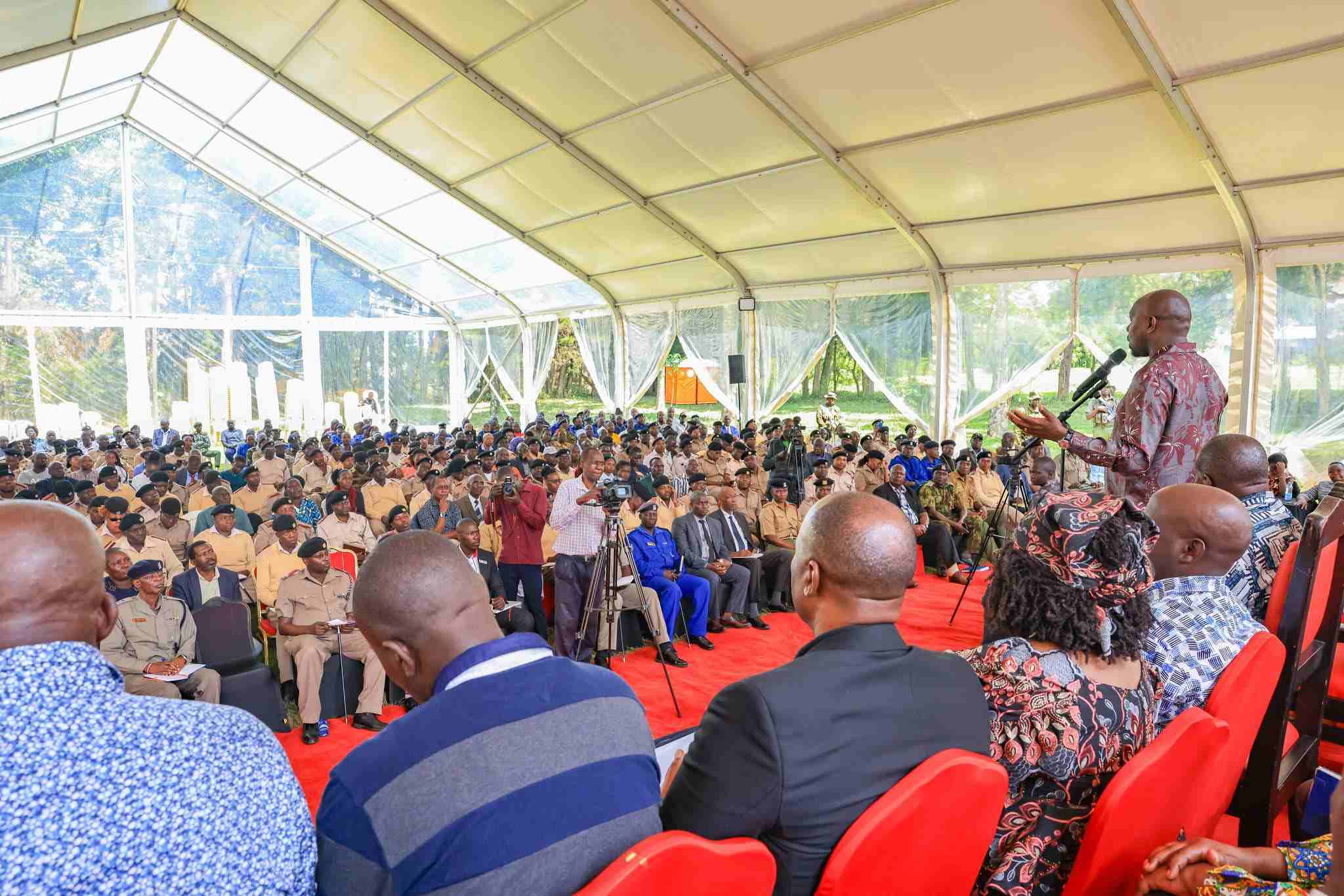Senegal bans protest over delayed poll, cuts internet access
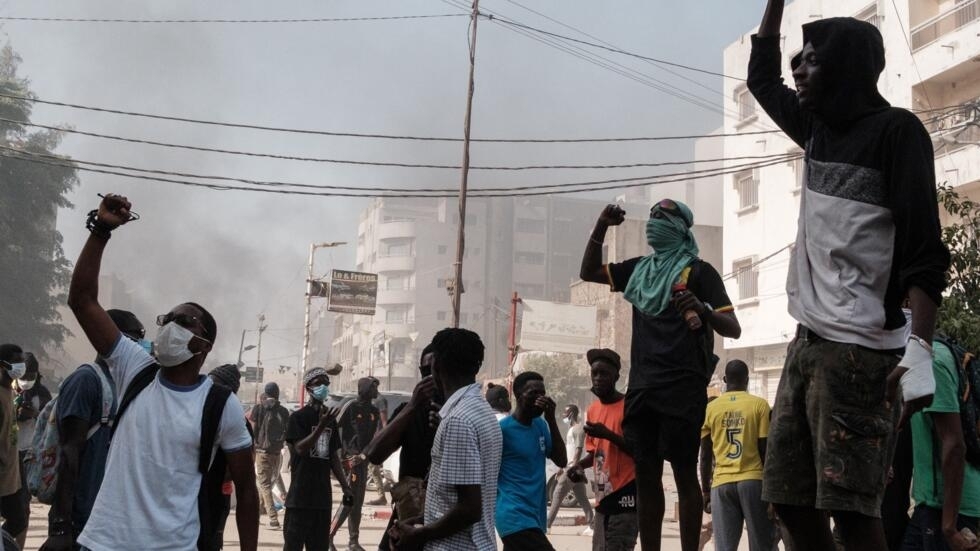
A heavy police presence was seen around the area where the demonstration was due to take place.
Senegalese authorities banned a planned opposition march on Tuesday amid growing international calls for President Macky Sall to hold an election for a successor.
Three people have been killed in protests since Sall postponed the February 25 vote until December.
More To Read
- Senegal's top court confirms ruling party's big parliamentary election win
- Senegal ruling party claims victory in legislative elections
- Senegal votes for lawmakers in test for President Faye
- Senegal presidency winner Bassirou Faye says he is a 'break' from establishment
- From prison to presidency: Senegal elects Bassirou Diomaye Faye as new leader
- Senegal opposition candidate closing in on victory as ruling camp contests
With international pressure on Sall growing, the Aar Sunu Election (Let's protect our election) collective of some 40 civil, religious and professional groups called for a peaceful rally in Dakar.
But it called off the protest until Saturday, saying that Dakar city authorities banned the march as it could disrupt traffic.
A heavy police presence was seen around the area where the demonstration was due to take place.
Authorities also cut mobile internet access for the second time since Sall suspended the election. The communications ministry blamed "the dissemination on social networks of several subversive hate messages that have already provoked violent demonstrations".
Demonstrations in Senegal require authorisation and authorities have routinely blocked many opposition rallies in recent years.
Unauthorised protests often descend into violence and dozens have been killed since 2021, according to rights groups.
Police clashed with protesters in Dakar on Friday.
"Appeasement and reconciliation"
Sall said he postponed the election because of disputes over the disqualification of potential candidates and fears of a return to unrest seen in 2021 and 2023.
Parliament backed his suspension of the election until December 15, but only after security forces stormed parliament and removed some opposition lawmakers who opposed the bill.
The vote paved the way for Sall -- whose second term was due to expire in April -- to remain in office until a successor is installed, probably in 2025.
Senegal's opposition has decried the move as a "constitutional coup", saying Sall's party feared defeat in the election.
Sall, who has been in power since 2012, is now reportedly seeking a way out of the turmoil and has spoken of "appeasement and reconciliation".
Media reports have raised the possibility of dialogue with the opposition, including anti-establishment firebrand Ousmane Sonko, who fought the state for more than two years before being imprisoned last year.
Some see the possibility of an amnesty for Sonko, his imprisoned second-in-command Bassirou Diomaye Faye and those detained during unrest in 2021 and 2023.
International reactions
Meanwhile, the United States and France have reaffirmed calls for Sall to hold the election as promised.
US Secretary of State Antony Blinken "spoke to the President of Senegal this morning to reiterate our concern about the situation there and to make quite clear that we want to see elections continue as they were scheduled -- we want to see them take place as soon as possible," State Department spokesman Matthew Miller told reporters in Washington.
Miller said the United States was "extremely concerned about the situation".
France's foreign ministry urged the West African nation to ensure a "proportionate" response to protests and reiterated its calls for the presidential poll to be held "as soon as possible".
UN Secretary-General Antonio Guterres said it was "extremely important that all Senegalese have their right to demonstrate peacefully respected".
He called for the situation to be "resolved through established constitutional means," said UN spokesman Stephane Dujarric.
Liz Throssell, spokeswoman for the United Nations rights office, said at least three young men had been killed and 266 people, including journalists, were reportedly arrested across the country since the election was called off on February 3.
The UN called for a swift and independent probe into the deaths.
"Senegalese authorities continue to display utter disregard for peaceful dissent," said Samira Daoud, Amnesty International's specialist for West and Central Africa.
The authorities must "investigate the lethal use of force against protestors," she added.
Story by AFP
Top Stories Today

